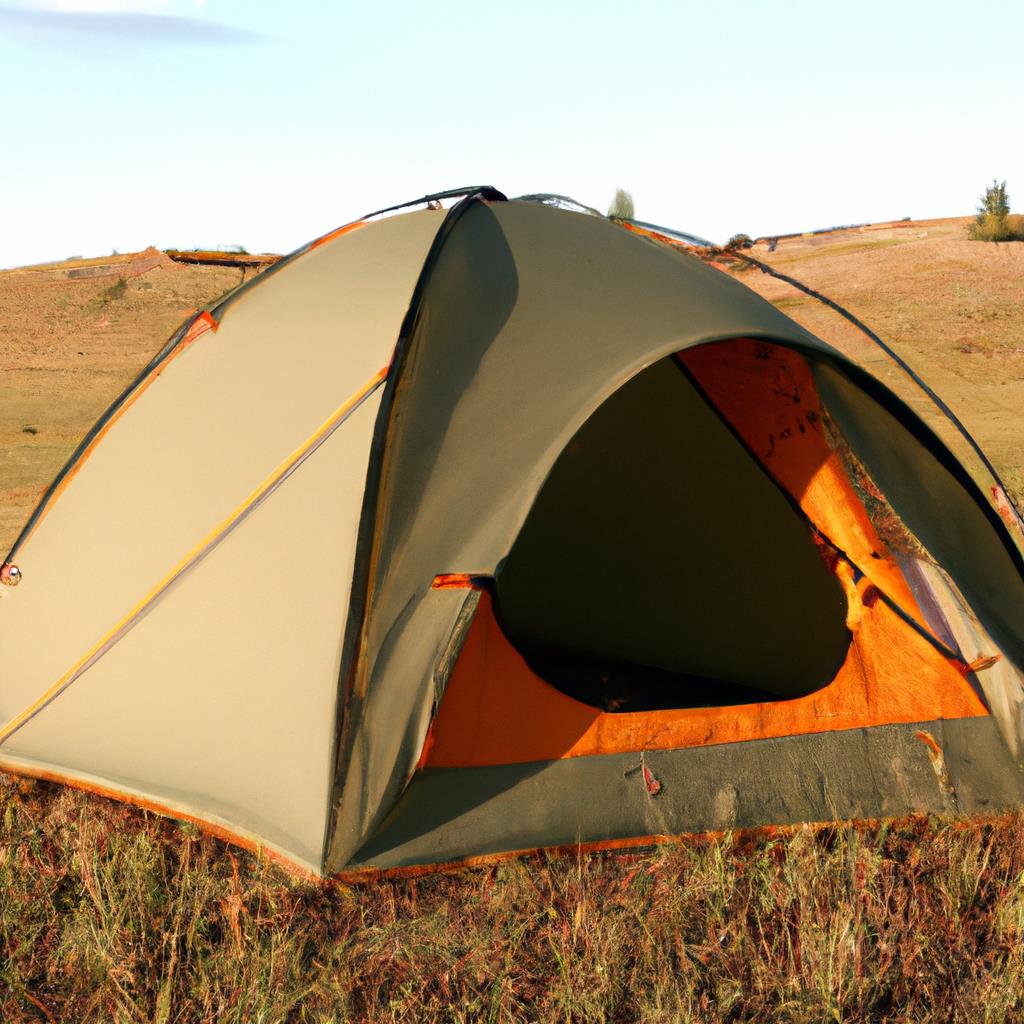Backcountry camping is a popular outdoor activity for those who enjoy the serenity and solitude of nature. Those who participate in backcountry camping often seek out remote camping sites that are not easily accessible by car or RV. While backcountry camping offers a unique opportunity to disconnect from the hustle and bustle of everyday life, it is important for campers to follow proper etiquette so that these natural spaces can be enjoyed by all.
One of the key components of backcountry camping etiquette is respecting the environment. When setting up camp at a tenting or camping site, it is important to choose a spot that is at least 200 feet away from any water source, such as a river or lake. This helps to protect the water quality and minimize the impact on wildlife in the area. Campers should also be mindful of their campfire usage, as fires can easily get out of control and cause damage to the surrounding vegetation.
Another important aspect of backcountry camping etiquette is minimizing noise pollution. When camping in remote areas, it is important to keep noise levels to a minimum so that other campers can enjoy the peace and quiet of nature. This means refraining from playing loud music, talking loudly late into the night, or revving engines unnecessarily. Campers should also be respectful of wildlife in the area by keeping food stored properly and not feeding wild animals.
Proper waste disposal is another key component of backcountry camping etiquette. Campers should always pack out what they pack in, including trash, food scraps, and human waste. This helps to keep the camping site clean and free of litter, as well as minimizing the impact on wildlife in the area. Campers should also be mindful of their toilet usage, using designated facilities when available or digging a cathole at least 200 feet away from water sources.
When camping in backcountry areas, it is important to be considerate of other campers. This means respecting their privacy and space, as well as following any rules or regulations that may be in place at the camping site. Campers should always be friendly and courteous to their fellow campers, offering assistance if needed and being mindful of noise levels and behavior.
Overall, backcountry camping etiquette is about showing respect for the environment, wildlife, and other campers. By following these guidelines, campers can help to preserve these natural spaces for future generations to enjoy. So the next time you head out into the backcountry for a camping adventure, remember to leave no trace, keep noise levels down, and be considerate of others happy camping!


leave a comment